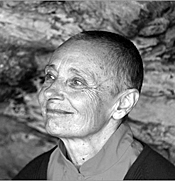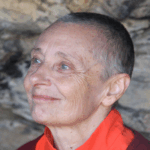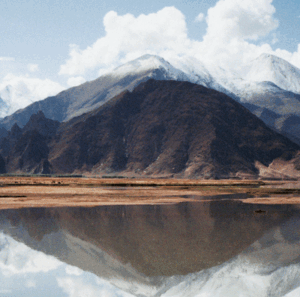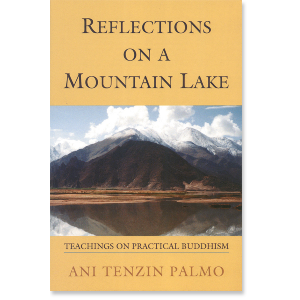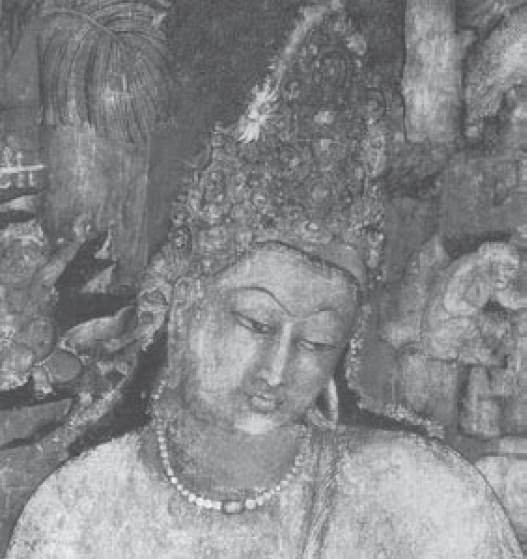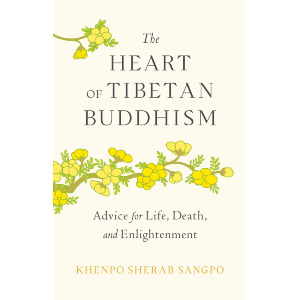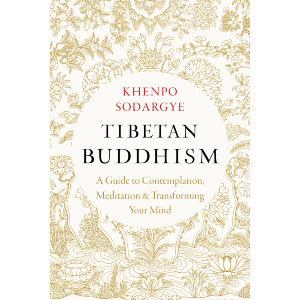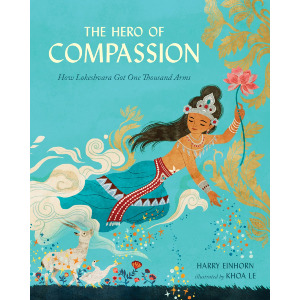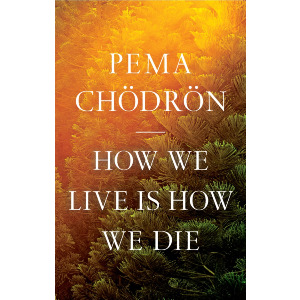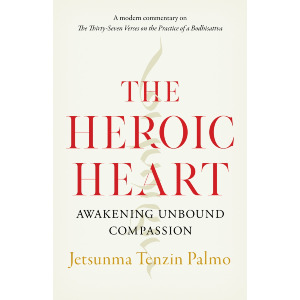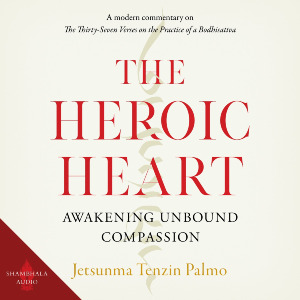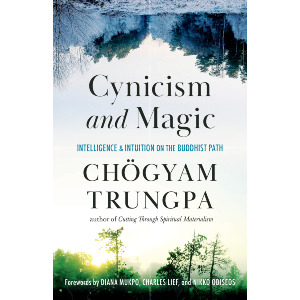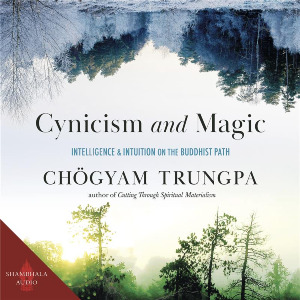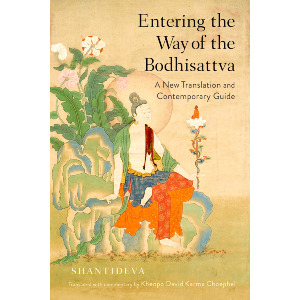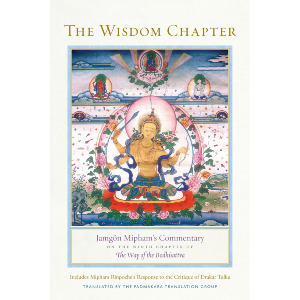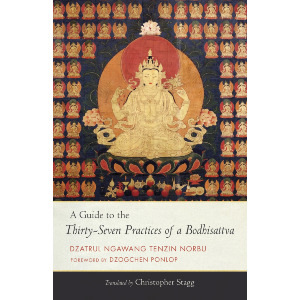It’s not much use for us just to say, “Well, of course, I’m on the Mahayana path, so I’m a bodhisattva, and therefore I’m aiming to save all beings.” We must examine our motivation for everything we do. Are we doing it for ourselves, or are we doing it for others? This is an essential point, because when we vow to save countless sentient beings, we must understand what this means. When the heart really comprehends this, something in the mind turns around and our attitude is completely transformed. And to the small extent that we worldlings are capable of, there is a deep inner change of direction. It’s not something we can speak about, but we definitely know when it’s there.
I don’t think this true motivation is always there. In the beginning, as incipient bodhisattvas, we are not always truly altruistic. If we claimed to be, it would just be self-deception. But sometimes, even if only for a very short time, we understand what we’re talking about. That is why bodhichitta is so infinitely great and so highly praised in the Mahayana sutras. It transforms even the smallest virtuous action into something of vast proportions, because we are not doing it any more for ourselves or just for the object, but for the whole world. Then even the most minute thing has infinite ramifications, not just in this lifetime, but throughout the vast stretch of future lifetimes. This is the birth of genuine spiritual altruism.
It is very easy to talk about benefiting all sentient beings throughout time and space. In most religious traditions, even the most altruistic attitudes are cultivated in order to gain some kind of a reward later on, be it a place in heaven, paradise, nirvana, or a better rebirth. Even the greatest saints of certain religions are still aiming for heaven. They may live the most difficult and self-abnegating lives, but it’s all because they live in anticipation of eternity in heaven, in glory. Now we’re turning that concept right around and saying, “Forget the glory, forget heaven, forget paradise, forget nirvana, we don’t have time for that. There are too many beings out there suffering endlessly in samsara. There is no end to their suffering.” We can see just by looking around us that there is no end to the sufferings of samsara.
—adapted from Reflections on a Mountain Lake: Teachings on Practical Buddhism by Ven. Tenzin Palmo
